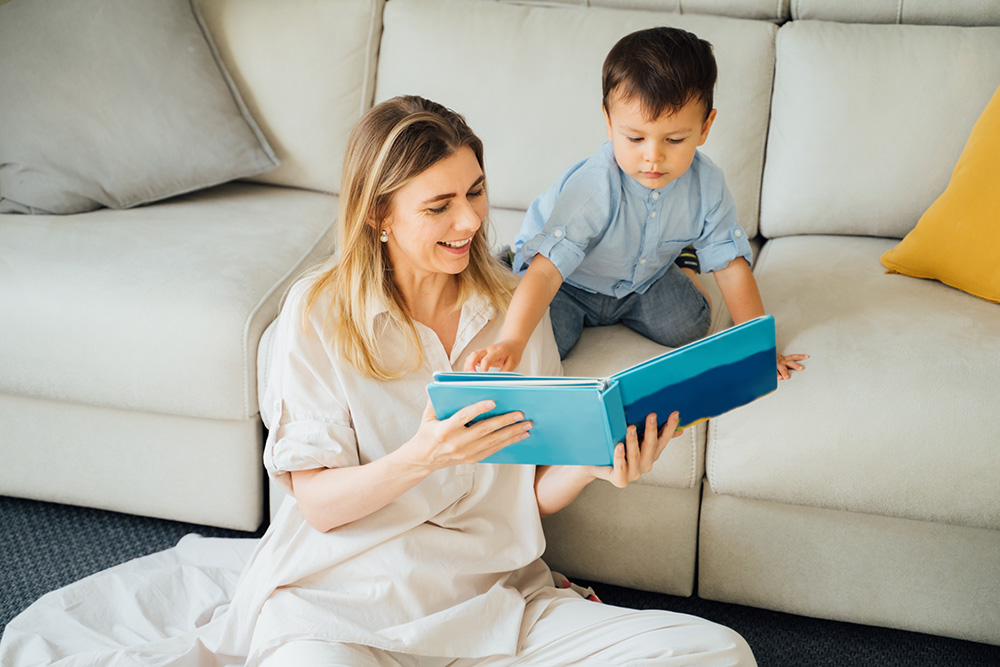Early learning typically refers to the education and care provided to children from birth up to early elementary school. Many times it’s specifically referring to the years from birth to age 3. It encompasses social, physical, emotional, personal, creative, and cognitive learning.
What are Illinois Early Learning Guidelines?
The Guidelines are meant to be a source of information about babies and toddlers. People who might want to use them include caregivers, program directors, parents, college instructors, and anyone who makes decisions that affect the lives of young children. They are meant to present a way of thinking about babies and toddlers that can help improve the quality of services that are offered to very young children and families by child care programs, family service groups, and many other organizations and agencies in Illinois.
How might the Illinois Early Learning Guidelines affect my child?
If your child’s caregiver uses information in the Guidelines to help with planning what to do with your child, your baby or toddler is likely to have a rich, positive experience in child care. For example, the caregiver can use the “strategies for interaction” in the Guidelines to plan and implement activities that fit your child’s abilities and interests.
As a parent, you can also get new ideas from the Guidelines for things you can do to help your child learn and be healthy. You can find out about important topics such as brain development and infant temperament that can help you better understand your baby or toddler.
When you and your child’s caregiver talk about your child, it might be helpful for both of you to refer to the specific Guidelines as you talk about what your child does and what you and the caregiver are doing to help your child learn and thrive.
Can parents use the Illinois Early Learning Guidelines for Children from Birth to Age 3?
You might use the Illinois Early Learning Guidelines in several ways. For example, reading the Guidelines can give you an idea of the kinds of skills and abilities your child’s caregivers will expect him to have. When you know what they will expect, you can ask the caregiver how the child care program’s activities will help your child learn and grow.
The Guidelines also provide information similar to what you might get from your health care provider about “developmental milestones,” or the things children are usually able to do at certain ages. You may even want to print a specific part of the Guidelines to take to your child’s appointments to help you talk with the health-care provider about your questions and concerns.
The Guidelines can also give you ideas about experiences you may want your child to have at home and in child care.
The Guidelines define words that professionals such as teachers, health-care providers, and other specialists use when they talk about children’s development and learning—terms such as “joint attention” and “private speech” that most people do not use every day. These definitions can help you when you need to ask a caregiver or health-care provider about your child or when you want to better understand something they are saying about your child.



